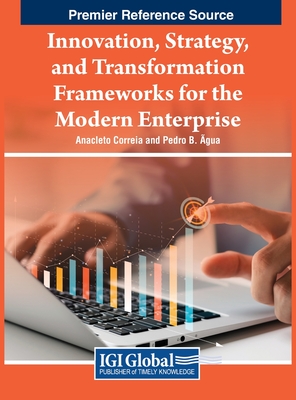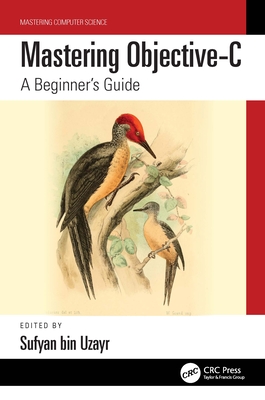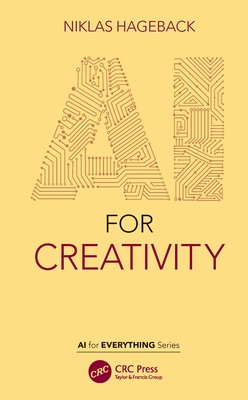
Innovation, Strategy, and Transformation Frameworks for the Modern Enterprise(Advances in Business Strategy and Competitive Advantage)
现代企业的创新、战略和转型框架
管理经济学
¥
2315
售 价:
¥
1852.00
优惠
平台大促 低至8折优惠
发货周期:国外库房发货,通常付款后3-5周到货!
出 版 社
出版时间
2023年10月11日
装 帧
精装
页 码
340
语 种
英文
综合评分
暂无评分
- 图书详情
- 目次
- 买家须知
- 书评(0)
- 权威书评(0)
图书简介
Many organizations struggle to advance their businesses due to a lack of knowledge of innovative strategies and ways to transform their business to remain relevant. Innovation, Strategy, and Transformation Frameworks for the Modern Enterprise is a comprehensive guide that equips organizations with the necessary tools to thrive in today’s complex and ever-changing business landscape. This book explores a wide range of frameworks and their applications, providing practical insights and theoretical discussions to facilitate successful innovation, strategic planning, and digital transformation.The book begins by introducing the concept of frameworks in contemporary businesses. It emphasizes their importance as organized and methodical techniques for solving difficulties, managing processes, and making informed decisions based on accurate information. These frameworks cover various domains, including enterprise architecture, IT service management, business process management, project management, IT governance, agile methodologies, and innovation. By incorporating these frameworks, organizations can establish a strong foundation and adapt effectively to the rapidly evolving business environment.Each part of the book focuses on a specific topic, such as innovation, strategy, or transformation, and delves into the most pertinent and widely adopted frameworks within those areas. Real-life case studies, examples, and theoretical discussions illustrate how these frameworks can impact an organization’s performance. For instance, frameworks like TOGAF, Zachman, and NAF offer systematic approaches to managing technology and business architecture, ensuring alignment and facilitating effective resource allocation and decision-making.It also explores IT service management and governance frameworks such as ITIL, COBIT, and MOF. These frameworks enable organizations to manage their IT services and resources effectively, enhance their quality and efficiency, and ensure compliance with regulations and standards. The book delves into business process management frameworks like BPMN and Lean Six Sigma, empowering organizations to maximize resources, adapt to market conditions, and drive process enhancements.Project management and agile methodologies, including PMBOK, PRINCE2, and Scrum, are extensively covered in the book’s later chapters. The critical role of the Project Management Office (PMO) in organizational leadership, governance, and project management maturity is highlighted. By leveraging these methodologies, businesses can effectively manage complex initiatives, meet stakeholder expectations, foster innovation, and drive strategic initiatives.This holistic approach addresses interconnected frameworks across multiple domains, such as security architecture, knowledge management, customer experience, supply chain management, sustainability, and human resource management. By integrating these frameworks, organizations can achieve a more comprehensive understanding of their operations and make informed decisions that drive success.Designed for a wide range of readers, including educators, policymakers, researchers, consultants, IT professionals, and students, this book serves as an invaluable resource for those seeking to harness the power of frameworks to drive innovation, implement effective strategies, and navigate the complexities of digital transformation in today’s fast-paced business environment. It provides a comprehensive understanding of the various frameworks, their implementations, and their potential to shape the future of business, government, and academia.
本书暂无推荐
本书暂无推荐













